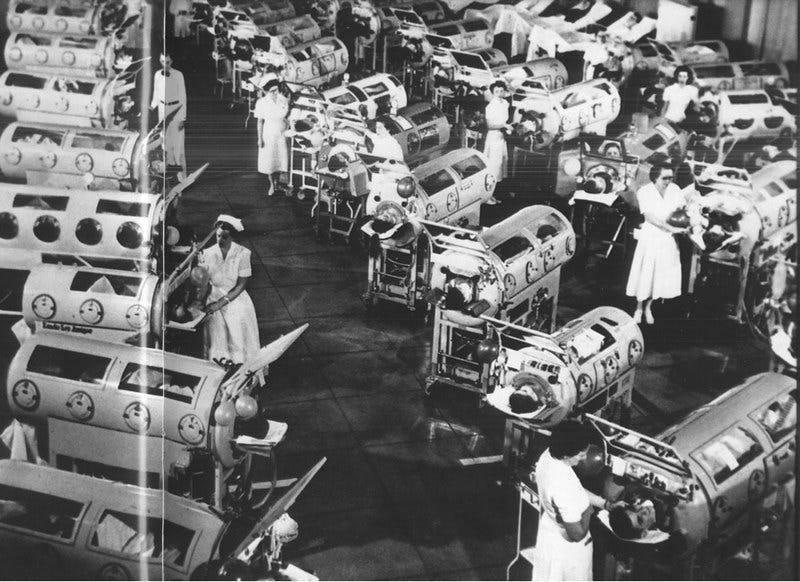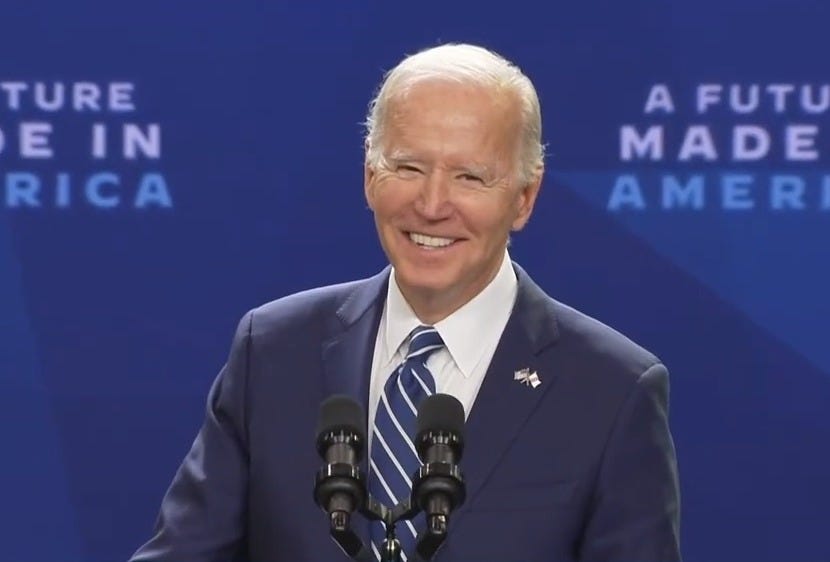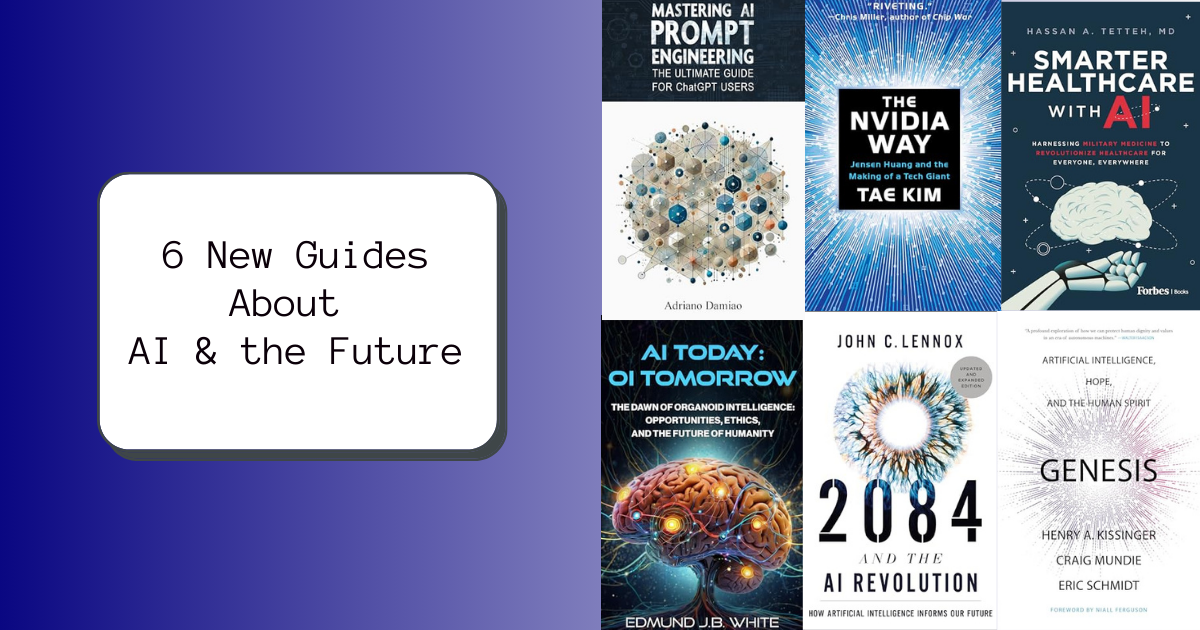Understanding the Digital Landscape of Addiction Treatment Marketing
Drug rehab marketing faces unique challenges in digital marketing, particularly on social media platforms. The sensitive nature of addiction treatment requires a nuanced, compassionate approach that balances professional communication with genuine human connection.
Social media marketing provides an unprecedented opportunity to reach individuals struggling with substance use disorders, their families, and support networks.
Building Trust Through Authentic Digital Presence
Effective social media marketing for drug rehab centers hinges on creating a trustworthy, empathetic online persona. This means developing content that demonstrates understanding, hope, and professional expertise without sensationalizing addiction or using stigmatizing language.
Effective SEO can attract more potential patients to a rehab center’s website, while consistent communication through email marketing helps maintain relationships with past clients, thereby building a positive reputation for the center.
Potential clients and their loved ones are seeking reassurance, information, and a sense of potential transformation when they engage with rehabilitation center content.
Setting Up Your Online Presence
Setting up a strong online presence is crucial for addiction treatment centers to attract potential clients and establish their brand. Here are some best practices to consider:
First, claim and optimize your Google My Business listing. This step is vital for improving local search visibility and ensuring potential clients can easily find accurate information about your services. A well-maintained listing can significantly enhance your local SEO efforts, making your rehab center more accessible to those in need.
Next, create a professional website that is user-friendly, mobile-responsive, and optimized for search engines (SEO). Your website should serve as a comprehensive resource for potential clients, offering detailed information about your services, treatment approaches, and success stories. Ensure that your site is easy to navigate and provides a seamless user experience across all devices.
Establish a consistent brand identity across all online platforms, including social media. Consistency in branding helps build trust and recognition, making your rehab center more memorable to potential clients. Use high-quality images and videos to showcase your facility and services, and consider providing a virtual tour of your rehab center to give visitors a sense of what to expect.
Finally, ensure that your website is secure and compliant with industry regulations, such as HIPAA. Protecting client privacy and maintaining data security are paramount in the addiction treatment field. By prioritizing these aspects, you demonstrate your commitment to safeguarding sensitive information and building trust with your audience.
Key Social Media Strategies for Rehabilitation Centers
Digital platforms offer multiple avenues for meaningful engagement. Rehabilitation centers can utilize social media marketing as a direct engagement tool. Instagram and Facebook provide visual storytelling opportunities, while LinkedIn can help establish professional credibility. Twitter enables rapid information sharing about treatment approaches and recovery resources.
Content Development Approaches
Crafting compelling social media content requires a delicate balance. Educating potential clients about the addiction treatment process through informative content, such as webinars and blog posts, is crucial. Success comes from sharing educational materials, recovery success stories, mental health insights, and resources that provide genuine value.
Personal narratives of recovery, when shared ethically and with consent, can be particularly powerful in demonstrating the possibility of healing.
Best Practices for Social Media Marketing
Social media marketing is a powerful tool for addiction treatment centers to connect with potential clients, build their brand, and establish themselves as authorities in the field. Here are some best practices to consider:
Develop a social media strategy that aligns with your overall marketing goals and target audience. A well-defined strategy will guide your content creation and engagement efforts, ensuring that your social media presence supports your broader objectives.
Create high-quality, engaging content that provides value to your audience. This can include educational resources, success stories, and updates about your rehab center. Sharing valuable content helps position your center as a trusted resource and encourages potential clients to engage with your brand.
Utilize social media platforms such as Facebook, Twitter, Instagram, and LinkedIn to reach a wider audience and engage with potential clients. Each platform offers unique opportunities for connection and engagement, so tailor your content and approach to suit the specific strengths of each.
Respond promptly to comments and messages, and use social media to provide customer service and support. Timely and compassionate responses can help build trust and demonstrate your commitment to helping those in need.
Monitor and analyze your social media metrics to refine your strategy and improve engagement. Regularly reviewing your performance data will help you understand what works and what doesn’t, allowing you to make informed adjustments to your approach.
Healthcare Coverage Insights: Navigating Insurance Complexities
Understanding insurance coverage is critical for individuals seeking addiction treatment. Social media platforms can serve as educational resources that demystify the often complex world of healthcare financing for rehabilitation services.
Private Insurance Coverage for Addiction Treatment
Most private health insurance plans now provide some level of addiction treatment coverage under mental health parity laws. Social media content can help potential clients understand their specific coverage options, explaining terms like in-network providers, deductibles, and out-of-pocket maximums. Rehabilitation centers can create infographics, short video explanations, and targeted posts that break down these technical concepts into digestible information.
Healthcare Coverage: Government and Public Programs
Public healthcare programs like Medicaid and Medicare offer additional pathways for individuals seeking addiction treatment. Social media marketing can highlight these options, providing clear guidance about eligibility, application processes, and the types of services covered.
Transparency in Treatment Costs
By openly discussing financial aspects of rehabilitation, centers demonstrate transparency and reduce potential barriers to seeking help. Social media posts can include information about sliding scale fees, payment plans, and financial assistance programs, making treatment feel more accessible to those in need.
Ethical Considerations in Digital Marketing
Rehabilitation centers must navigate digital marketing with exceptional care. This means avoiding sensationalism, protecting client privacy, and maintaining professional boundaries while creating engaging content.
Compliance and Confidentiality
HIPAA regulations must guide all digital communication strategies. Social media content should never include identifiable client information, instead focusing on general education, support, and resources.
Emerging Digital Marketing Techniques
Video content, particularly short-form videos on platforms like TikTok and Instagram Reels, offers innovative ways to connect with younger demographics. Testimonial-style content, professional advice segments, and myth-debunking videos can effectively communicate rehabilitation center values.
Leveraging User-Generated Content
Encouraging recovery alumni to share their experiences, with proper consent and anonymity protections, can create powerful, authentic marketing materials. These narratives provide hope and demonstrate the transformative potential of professional addiction treatment.
Search Engine Optimization (SEO) and Online Reputation Management
Search engine optimization (SEO) and online reputation management are critical components of a comprehensive digital marketing strategy for addiction treatment centers. Here are some best practices to consider:
Conduct thorough keyword research to identify relevant terms and phrases that potential clients use when searching for addiction treatment services. Understanding the language your audience uses will help you create content that resonates and ranks well in search engine results.
Optimize your website’s content, including meta descriptions, headings, and body copy, to improve search engine rankings and drive organic traffic. Well-optimized content ensures that your site is easily discoverable by those seeking addiction treatment.
Use local SEO techniques to improve visibility in local search results and attract potential clients in your area. This can include optimizing your Google My Business listing, using location-specific keywords, and ensuring your contact information is consistent across all online platforms.
Monitor and manage online reviews to build a positive reputation and establish trust with potential clients. Encourage satisfied clients to leave positive reviews and respond promptly to any feedback you receive.
Respond promptly to negative reviews and use them as an opportunity to showcase your commitment to customer service and support. Addressing concerns with empathy and professionalism can turn a negative experience into a positive one, demonstrating your dedication to client satisfaction.
Paid Advertising Strategies
Paid advertising is a powerful tool for addiction treatment centers to reach potential clients and drive traffic to their website. Here are some best practices to consider:
Develop a paid advertising strategy that aligns with your overall marketing goals and target audience. A clear strategy will help you allocate your budget effectively and ensure your ads support your broader objectives.
Utilize platforms such as Google Ads, Facebook Ads, and LinkedIn Ads to reach a wider audience and drive traffic to your website. Each platform offers unique targeting options and ad formats, so choose the ones that best suit your goals and audience.
Create high-quality ad copy that provides value to your audience and encourages them to take action. Compelling ad copy can capture attention and drive engagement, increasing the likelihood of conversions.
Use targeting options such as location, demographics, and interests to reach potential clients who are most likely to be interested in your services. Effective targeting ensures that your ads are seen by the right people, maximizing your return on investment.
Monitor and analyze your paid advertising metrics to refine your strategy and improve ROI. Regularly reviewing your performance data will help you understand what works and what doesn’t, allowing you to make informed adjustments to your approach.
Measuring Social Media Marketing Effectiveness
Data-driven approaches help rehabilitation centers refine their digital strategies. Tracking engagement metrics, website traffic from social platforms, and inquiry rates provides insights into content performance and audience needs.
Continuous Learning and Adaptation
The digital landscape evolves rapidly. Successful rehabilitation centers maintain flexible social media strategies, regularly analyzing performance data and staying current with platform algorithms and user behaviors.
Overcoming Challenges in Addiction Treatment Center Marketing
Addiction treatment center marketing can be challenging, but there are several strategies that can help overcome common obstacles. Here are some best practices to consider:
Develop a comprehensive marketing strategy that addresses the unique challenges of addiction treatment center marketing, such as stigma and competition. A well-rounded strategy will help you navigate these challenges and position your center as a trusted resource.
Utilize a variety of marketing channels, including social media, paid advertising, and content marketing, to reach a wider audience and drive traffic to your website. Diversifying your marketing efforts ensures that you can connect with potential clients through multiple touchpoints.
Focus on building trust and establishing your brand as an authority in the field of addiction treatment. Providing valuable content, engaging with your audience, and demonstrating your expertise can help build credibility and trust.
Use data and analytics to refine your marketing strategy and improve ROI. Regularly reviewing your performance data will help you understand what works and what doesn’t, allowing you to make informed adjustments to your approach.
Stay up-to-date with industry trends and best practices to ensure that your marketing efforts are effective and compliant with regulations. Keeping abreast of the latest developments in digital marketing and addiction treatment will help you stay ahead of the competition and provide the best possible service to your clients.
A Compassionate Digital Approach to Marketing Rehab
Social media marketing for drug rehabilitation centers represents more than a promotional strategy—it’s an opportunity to reduce stigma, provide hope, and connect individuals with life-changing treatment resources.
By combining professional expertise, genuine empathy, and strategic digital communication, rehabilitation centers can make a meaningful difference in people’s recovery journeys.



























































![LinkedIn Provides Tips on How to Promote Live Events [Infographic] LinkedIn Provides Tips on How to Promote Live Events [Infographic]](https://imgproxy.divecdn.com/kA4YczoBIs8NmPBiERWa-OxzvYMz5kwjjZ6wewP8z7c/g:ce/rs:fit:770:435/Z3M6Ly9kaXZlc2l0ZS1zdG9yYWdlL2RpdmVpbWFnZS9saW5rZWRpbl9ldmVudF9hZHNfaW5mb18yLnBuZw==.webp)







